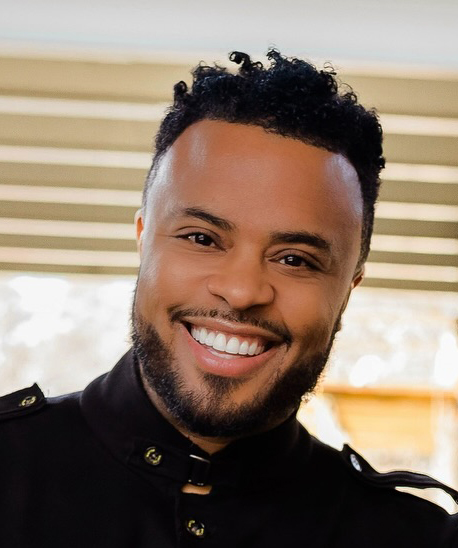In the story of David, when he was preparing his army for the battle at Hebron, he could not depend on the resources from his predecessor, Saul. Instead, he organized each tribe of Israel to function according to their strengths. Among the tribes, the tribe of Issachar was known for having an “understanding of the times, to know what Israel ought to do” (1 Chronicles 12:32). The children of Issachar had two unique gifts that are still necessary for today’s generation: discernment and strategy. It’s worth noting that when Deborah, a great leader, rose to power as a judge in Israel, the princes of Issachar were with her, and Issachar also accompanied Barak in the valley fight (Judges 5:15-16). Today’s generation requires leadership skills to discern social, cultural, and spiritual issues to understand the times.
Additionally, wise and tactical leaders are needed to strategize the best practices to serve this generation. In other words, the world is changing. We must not grieve the world we once knew and fail to discern the times as they are now.
Four significant issues arise in this generation: (1) spiritual, (2) technological, (3) social-psychological, and (4) personal-communal, which includes family. To reshape faith in this generation, some steps need to be taken, such as (1) accepting advanced technology as a part of congregational life, (2) creating communities with shared values, (3) dedicating time for prayer, (4) involving young people in reconsidering how we practice religion, and (5) connecting faith to relevant everyday life needs.
Significantly, Gen Z is growing up as “nones” but is searching for spiritual awareness. I teach many of them in my “Life, Death, and Meaning” course at Old Dominion University. One of the gifts of teaching in a secular university is that students are often either not affiliated or loosely affiliated with a religious tradition. When I lecture on religion, it is as if I have them in the palm of my hands. A student recently asked me to start a podcast. Another student commented, “It will be very popular!” Every week, I rediscover a hunger for meaning and identity formation. Students question life and death and wonder whether faith can give sufficient answers. Podcasts and YouTube are the new pulpits. Millennials and Gen Zers look for answers there rather than down at the church. It might also be argued that they bring their search to the classrooms, whether online or in person.
These salient theological anthropological questions sum it all up:
· Who am I?
· Why am I here?
· Is there a power greater than me?
· Does that ultimate being care about what’s happening in the world?
· Can life be better for me?
These are complex queries. The answers must not be cookie-cutter but contextual and must include Gen Z in discovering truth. Notably, such complex questions require a deeper analysis of the questions. Where are they coming from? Why are the questions important to you, and why now? Understanding where the questions are coming from sheds light on ways to arrive at the answers meaningfully and invitingly. Many times, probing questions reveal abuses and trauma embedded in the life of the questions. This is important to re-imagining faith and the role of religion for greater engagement with Gen Z—and any other generation.


